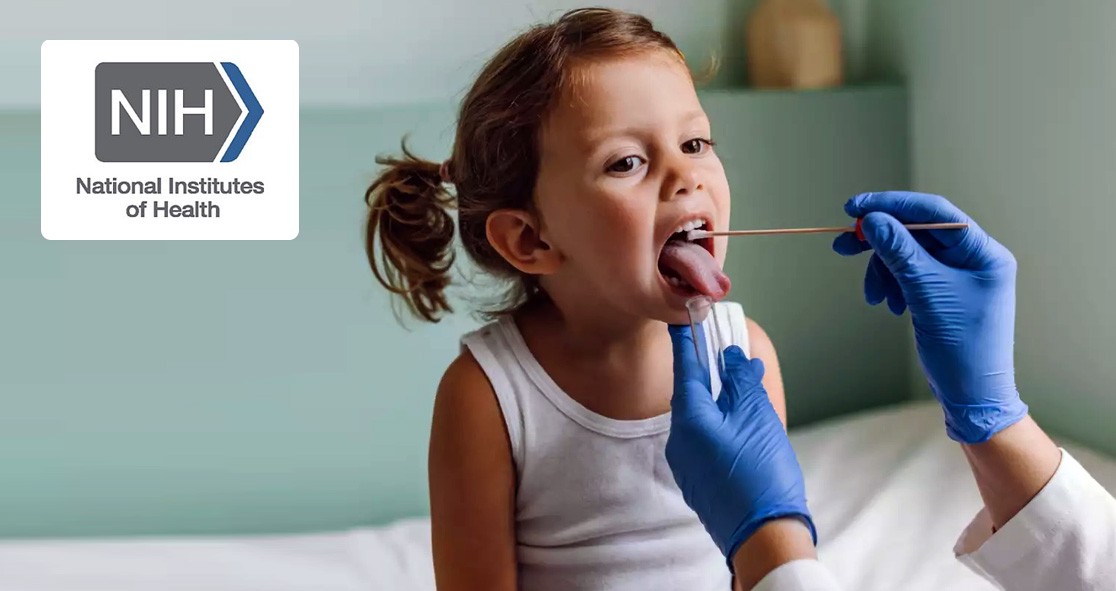The National Institutes of Health (NIH) has started a large, long-term study to understand the impacts of COVID-19 on children.
The study, supported by the National Institute of Allergy and Infectious Diseases (NIAID), has enrolled its first participant at the NIH’s Clinical Center in Bethesda, Maryland.
Researchers will track up to 1,000 children and young adults who were tested positive for COVID-19 and analyze the impact of the infection on their physical and mental health over a period of three years so they can better understand the long-term consequences of the infection.
In the initial phase of the pandemic, experts found that children were less likely to suffer from severe COVID-19 illness than older people. However, there were more than 6 million pediatric COVID-19 cases reported in the United States, and most children have experienced acute and long-term effects of the infection.
NIAID Director Dr. Anthony Fauci said, “Although we know that children are vulnerable to COVID-19, we still do not have a clear picture of how COVID-19 affects them in the long term.”
“In adult patients, the long-term sequelae of COVID, including post-acute COVID-19, can significantly affect quality of life,” he added. “Our investigations into the pediatric population will deepen our understanding of the public health impact that the pandemic has had and will continue to have in the months and years to come.”
The study will recruit children ages 3 to 21 who have tested positive for COVID-19 in the past, even if they had no symptoms. They will undergo a full physical examination and a complete medical checkup.
Participants who enroll within 12 weeks of a COVID-19 infection or a positive COVID-19 test will have to visit a clinic for follow-up at three and six months. And then they have to follow up every six months for a total of three years.
At these follow-up visits, they will undergo additional scans, sample analyses, questionnaires, and other means of tracking their health, development, and overall quality of life, including their mental and social well-being, according to NIH.
The researchers will document any re-infections or adverse events linked to prior COVID-19 infection. They expect the study will take approximately six years to complete.
NIAID conducts and supports research to study the causes of infectious and immune-mediated diseases, developing better means of preventing, diagnosing, and treating the illnesses.
Visit clinicaltrials.gov for more information about the study.























